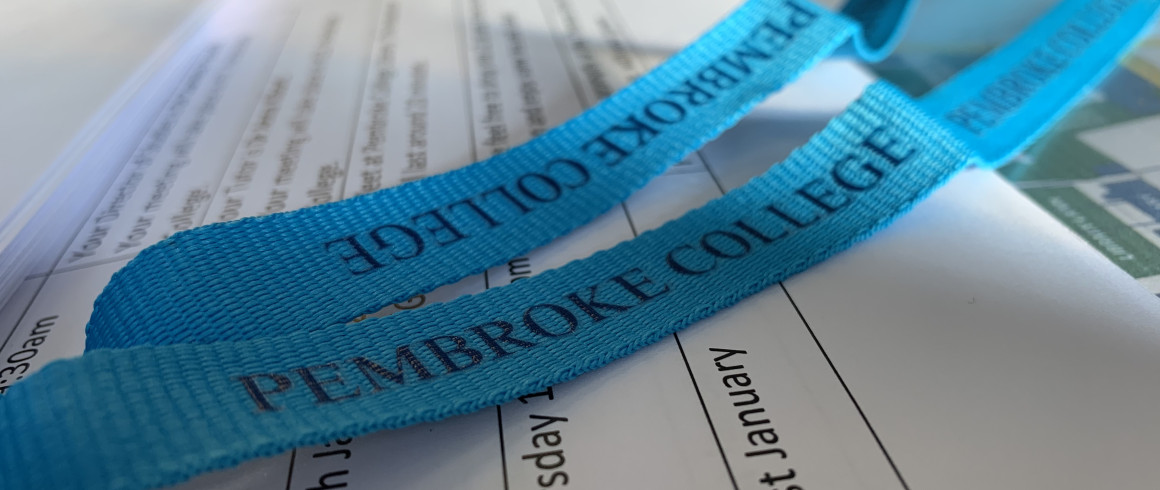Sustainability
This course introduces some of the diverse topics around sustainability and so the future of mankind, the environment and the world we know. The aim is to raise awareness and share issues, with discussion by participants being an integral feature. The course does not attempt to prescribe solutions as diverse actions will have to be taken forward by those taking the course as well as by many, many, many others, both now and for decades to come.
The focus in the first part of the course is to identify and explore diverse global issues that currently need to be addressed to ensure sustainability (social and economic as well as environmental matters) and so includes topics such as population, migration, health, cities, transportation, water, food, economic models, inequality and the digital age. The second half of the course focuses more on global warming and the need to provide sustainable and clean energy. Hence, the background to, as well as the pros and cons of, alternative energy sources are considered since decisions currently are being taken, and will need to continue to be, in order to replace conventional fossil fuels and reduce our global carbon footprint.
Intended Audience
This course is aimed at those who are concerned about the future of mankind and all life on earth – as well as their own future – and who wish to gain greater awareness of, and to discuss, topical issues and possible ways for improvements to be made. The approach will be interactive so that those taking the course can contribute by sharing their own particular interests, concerns and knowledge.
The material included provides information on matters that increasingly are raised in public debates and/or in the media (especially in news and current affairs programmes), although which are not always presented impartially nor with the necessary data or insights! Hence a principal aim of the course is to provide background, knowledge and awareness in some key crucial areas pertaining to global sustainability. The approach on alternative energy is not primarily scientific or engineering in content although necessarily does includes relevant background.
Previous Knowledge
Previous knowledge of sustainability is not needed. An open mind is required plus a willingness to enjoy and be interested in exploring topical issues facing all of us and which are essential to address now. Any student with interests and/or knowledge in any of the topics listed above or related to them would be warmly welcomed and are encouraged to participate and to contribute.
Transferable Knowledge and Skills
Students will gain awareness of how to find and assess evidence, evaluate scientific hypotheses, and develop analytical skills that will be valuable in many walks of life. You will have the opportunity to acquire a greater understanding of sustainability and of many of the current issues that are implicit in and/or which were raised at COP28, the United Nations Climate Change Conference held in the United Arab Emirates in November - December 2023.
In addition to the overviews provided in the lectures, the course structure involves participants working both independently and in small groups (typically, three or four individuals) to prepare topics that will be presented to and shared by the whole class in the seminar sessions. Hence your own individual interests can be explored and developed.
Dr Rob Wallach
Dr Rob Wallach is an Emeritus Senior Lecturer in the Department of Materials Science & Metallurgy and former Vice-Provost of King’s College; his degrees are from Cambridge and also Queen’s University, Canada. His research has focused primarily on joining materials, both developing new approaches and addressing challenging applications (aircraft engine turbine blades, car bodies, electronic circuits). The aim is to tackle real problems and find solutions of a generic nature through modelling and experiments, thus optimising uses of new materials and their exploitation.
Dr Wallach also has been extensively involved in a wide range of University educational and welfare issues. Additionally, he participates in outreach activities to broaden access for future students, and to raise awareness of the importance of sustainability and the role of materials science. He recently was the University’s Director of the Postdoctoral Academy, addressing the needs of the postdoctoral community (numbering ~4,000 across all disciplines) in the University.
